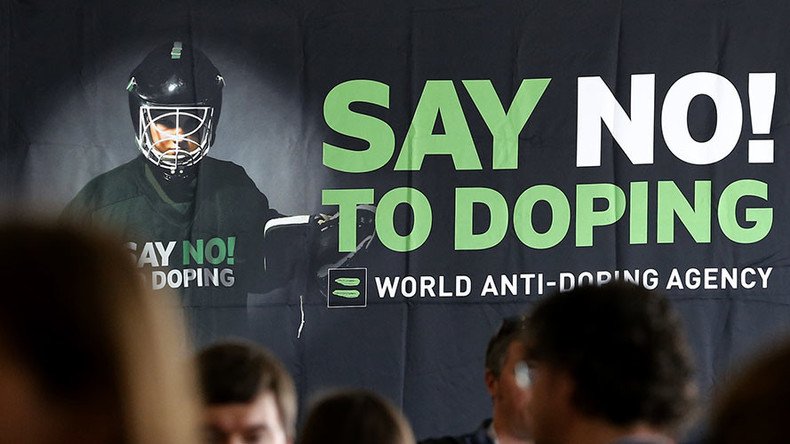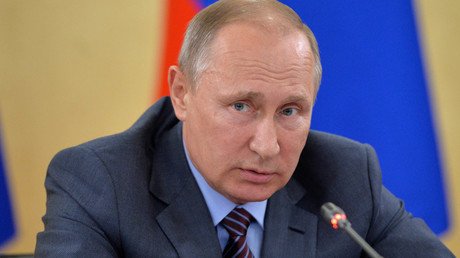‘Therapeutic’ doping systems prone to abuse, author of WADA report on Russia admits

The author of a critical report on Russia’s alleged state-run doping program has admitted that the system of “therapeutic-use exemptions,” revealed by WADA hackers, can be abused by athletes to legally take banned substances.
“One would have to conduct investigations on specific sports as to whether or not too many TUEs are being used with respect to particular substances,” Canadian law professor and sports lawyer Dr Richard McLaren told the BBC.
“One of the common TUEs is for ADHD medication – there may be abuse there,” he added. “That’s one area that probably needs to be looked at – how frequently are [certain medicines] being used in particular sports?”
Danish swimmer #OttesenJeanette and her AAF pic.twitter.com/zR06j0HS4T
— Fancy Bears' HT (@FancyBears) September 16, 2016
McLaren went on to reiterate that his report, which was based on fugitive informants’ claims and anonymous testimonies, has proved the existence of a Kremlin-run doping program “beyond reasonable doubt.” Thus, the lawyer once again expressed regret about the IOC’s decision to introduce only a partial ban on Russian athletes, as compared to the IPC, which slapped the Russian Paralympics team with a blanket ban.
The BBC report echoed the Western media allegations that hacktivist team Fancy Bears, who claimed responsibility for the attack, were acting on behalf of Kremlin in retaliation to McLaren’s WADA report. Meanwhile Moscow, including President Putin himself, denied any links with the hackers – but acknowledged that since the information has been leaked, it is worth a public debate.
“We don’t approve of what hackers do, but what they’ve done is definitely of interest to the international community, especially the sports community,” the Russian president said on Friday. “It raises a lot of questions. It turns out that healthy athletes legally take medications that are prohibited for others, and the people who obviously suffer from serious illnesses and severe disabilities are being banned from the Paralympics only on suspicion of using some kind of drugs.”
Hacktivists from the cyber group Fancy Bears released several batches of files this week, bringing to public attention that top world athletes are regularly receiving the green light from WADA to take banned substances under the so-called therapeutic use exemption (TUE) authorization program.
The international anti-doping executives and the US and UK bodies rushed to stress that the use of TUE is not an offence, since the athletes “legitimately” applied for the medication under the existing rules. Instead they shifted the narrative to condemn the exposure of athletes’ “confidential” information, and Moscow for allegedly backing the hackers.
WADA databases. Part 3 https://t.co/9bqTXUwpoY#OpOlympics#FancyBears
— Fancy Bears' HT (@FancyBears) September 16, 2016
The leaked classified information exposed a wide array of athletes from a number of countries, including the United States, United Kingdom, Germany and Russia. Moscow has offered WADA to help with its cyber-expertise, should an official request be made.













